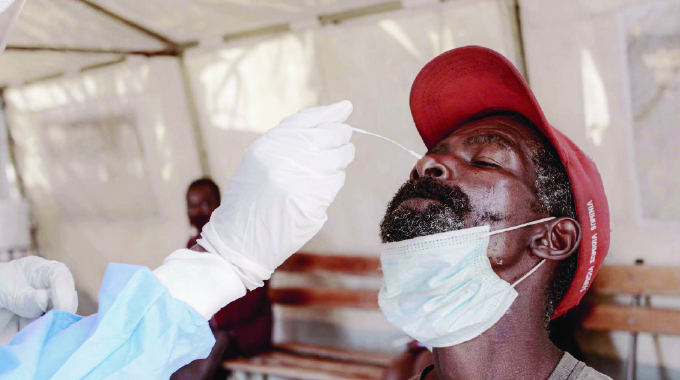Business Forum to unlock value of livestock for smallholder farmers in Zimbabwe

ALMOST 2.1million agricultural families are engaged in one or more livestock production enterprises, generating an estimated 19.1 per cent of the agricultural net output every year.
In Zimbabwe, the livestock sector is an important source of nutritious food and provides critical inputs for crop production, raw materials for agro-processing industry, income and capital wealth creation for farmers.
Over the years, Zimbabwe has experienced a transition phase in terms of livestock ownership, with smallholder farmers owning more than 90 per cent of the total livestock.
Despite this, unlocking the value of livestock is the major bottleneck facing these farmers in realizing full benefits from various livestock enterprises.
In this regard, the Food and Agriculture Organization of the United Nations (FAO) with funding from the European Union (EU) is supporting the establishment of a Livestock Business Forum (LBF).
“The forum will help livestock enterprise value chain actors to come together to further their businesses in order to be more productive and competitive on the domestic, regional and international livestock markets,” Basil Mugweni, FAO SAFE Project Coordinator, speaking on behalf of Patrice Talla, FAO Subregional Coordinator for Southern Africa and FAO Representative to Zimbabwe.
Basil Mugweni was speaking at a Livestock Business Forum implementation meeting held on 24 May 2022 in Harare, Zimbabwe.
The meeting, which was organized by FAO under the SAFE project, was attended by farmers, farmer organizations, development partners, government officials and representatives of the livestock industry.
The meeting agreed that the establishment of the forum has become even more important this time as the country is moving towards realization of Vision 2030 and implementation of Zimbabwe’s Livestock Growth Plan 2021-2025.
“As government we have high hopes that this discussion forum will be able to extract the most critical issues affecting the growth of the sector towards realization of its full potential and buttress government efforts to safeguard and spur growth of the country’s livestock resources,” said Josphat Nyika the Chief Director of the Government’s Department of Veterinary Services.
Some of the critical issues to be addressed by the Livestock Business Forum include group lobbying for policy issues that promote the development of livestock markets, addressing issues affecting livestock farmers, transportation and processing of livestock and opening up of export markets among other things.
“At local levels, farmers can share ideas and resources and learn from each other. In addition, it will be easier for smallholder farmers with fewer animals to come together aggregate and attract the foreign markets,” said Fortune Kachidza, FAO Livestock Business Management Specialist.
Business enterprises were also encouraged to take advantage of the formation of the Livestock Business Forum, to establish abattoirs, processing centers, vaccination centers and innovative value chains along the livestock sector, as smallholder, farmers are set to commercialize their livestock farming activities.
“Currently there is lack of industry’s support to establish business in the communities; the Livestock Business Forum can thus be a catalyst for businesses to establish abattoirs, drug shops, research and development, incubation hubs, and extension services,” said Jairus Machakwa Director of Veterinary Field Services.
Farmers took the opportunity given by the business forum to call upon the government to create policies that attract farmers and value chain players into commercial livestock production.
They highlighted that the constant change in policies was not conducive for the development of the sector. They also hinted that the Business Forum would also help the government craft policies that will ensure that the Livestock sector actively contributes to the National Development Strategies.
“Currently the taxes and the amounts of money we pay to the Rural District Councils, do not encourage rural farmers to go into commercial livestock farming. As livestock farmers we wish to work closely with our Government to institute policies that lead to reduction in the cost of production and compliance for farmers, and decentralize abattoirs,” said Christine Mudzingwa, the Chairperson of the Buhera Beef Producers Association.
In his concluding remarks Obert Jiri, the Chief Director of the Agricultural Advisory Services and Rural Development said that leaders of the Livestock Business Forum should work to ensure “that no one is left behind and that all types of animal value chains in the sector are represented in the LBF activities.”
He added that the, “Government is committed to support the structures of the Forum to ensure that its objectives are achieved.” -originally published by FAO in Zimbabwe on May











Comments